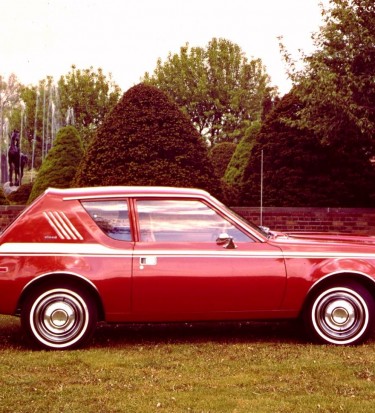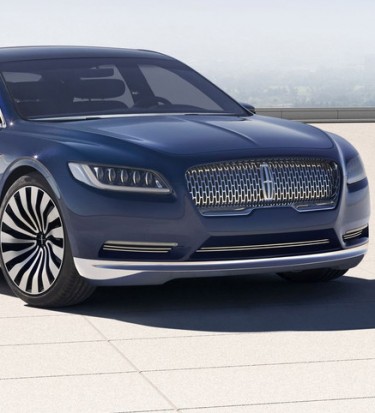The legalization of marijuana is a hot-topic debate across North America, currently. While there are those who are concerned it is a gateway drug, others worry about how this will affect accidents with motorized vehicles; as easier access, will undoubtedly mean, more use. But does this also mean, more accidents involving cars?
According to CNN Money, the number of deaths in Washington D.C. involving drivers who have used weed has doubled since the state legalized the drug. With the legalization of pot, comes the need to put forth regulation (similar to alcohol-related testing) around Tetrahydrocannabinol (THC) levels, and how much can still be in the bloodstream to allow a person to get behind the wheel.
The only issue is, how can one determine how much pot, is “too much” pot, when it comes to driving. It seems the current way of testing may be flawed, as it follows protocols around alcohol too closely; when the two are quite different. It’s also difficult to determine if there is a direct link to THC blood levels and vehicle crashes. Peter Kissinger, CEO, American Motorists Association notes, it is not possible to determine if a driver is impaired, when based only on amounts of drug in their system.
So why is that? Well, experts within the medical field shed some light, by nothing that THC can stay within a person’s blood for weeks; well after the feelings of being ‘stoned’ have worn off. If someone has been stopped to be tested based on THC levels, and is not currently ‘half-baked’, then they would be okay to drive, yet still have THC levels that may indicate they are not well enough to be behind a wheel.
Then there is the idea of whether or not THC affects one’s motor skills. Research in the past has shown that those driving under the influence of pot, tend to drive more cautiously, versus their alcohol-impaired counterparts, who seem to be more aggressive drivers while under the influence. In fact, a University of Iowa study revealed that 85 participants performed closely the same, after smoking weed, then they did prior to smoking the pot-cigarette, during a double-blind study.
MSN reported that apparently the National Highway Traffic Safety Administration in the United States recently revealed that once age, race, gender, and alcohol was factored out, drivers who did test positive for pot use were not, in fact, likelier to crash than those who were sober. The one important exception to this, was when drivers were tested for marijuana and alcohol consumption.
While it seems that weed may not have the same impaired affect on drivers as alcohol, it does seem that some kind of protocol needs to be in place, as it relates to excessive marijuana use, and driving; for the safety or roads, drivers, and pedestrians, everywhere.







